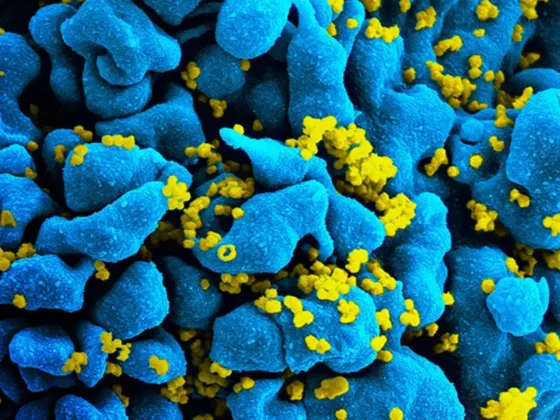A recent study has found that infants and young children with a diverse and more mature gut bacterial community are less likely to develop wheezing or asthma related to allergies. This discovery underscores the significant role of microbiota, a collection of bacteria in the human body that develops during the early years of life, in reducing the risk of food allergies and childhood asthma.
Microbiota play a crucial role in synthesizing vitamins
Microbiota, initially acquired by infants from their mothers at birth, play a crucial role in synthesizing vitamins and enhancing the immune system. Dr Yuan Gao, a research fellow at Deakin University in Geelong, Australia, explains, “Our studies showed that a more mature infant gut microbiota at one year of age was associated with a lower chance of developing food allergies and asthma in childhood. This appeared to be driven by the overall composition of the gut microbiota rather than specific bacteria. We then hypothesized that advanced maturation of the infant gut microbiota in early life is associated with decreased risk of allergy-related wheeze in later childhood.”
To conduct the study, the research team randomly selected 323 children and analyzed the bacteria present in their faecal samples at one month after birth, six months, and one year. Subsequently, during the one-year and four-year postnatal reviews, parents were asked to report whether their children had experienced allergy-related wheezing or asthma in the preceding 12 months.
The researchers employed DNA sequencing techniques to identify and characterize the gut microbiota, alongside calculating ‘microbiota-by-age z-scores’ (MAZs). These MAZs served as mathematical indicators of the maturity of the children’s gut microbiota. Dr Gao explains, “If MAZ increased within a certain range, known as standard deviation, it halved the risk of allergy-related wheeze at both these ages. In other words, the more mature the gut microbiota, the less likely were the children to have allergy-related wheezing. We did not find a similar association with MAZ scores at one or six months.”
Dr Gao expressed hope that understanding how gut microbiota enhances the immune system could lead to the development of innovative strategies for preventing allergy-related diseases like asthma.
Additionally, researchers are planning to enrol 2,000 children from Australia and New Zealand in a new clinical trial. This trial aims to investigate whether administering a mixture of deceased bacteria orally to young children can protect them from wheezing illnesses or asthma by strengthening their immune response to viral infections.










